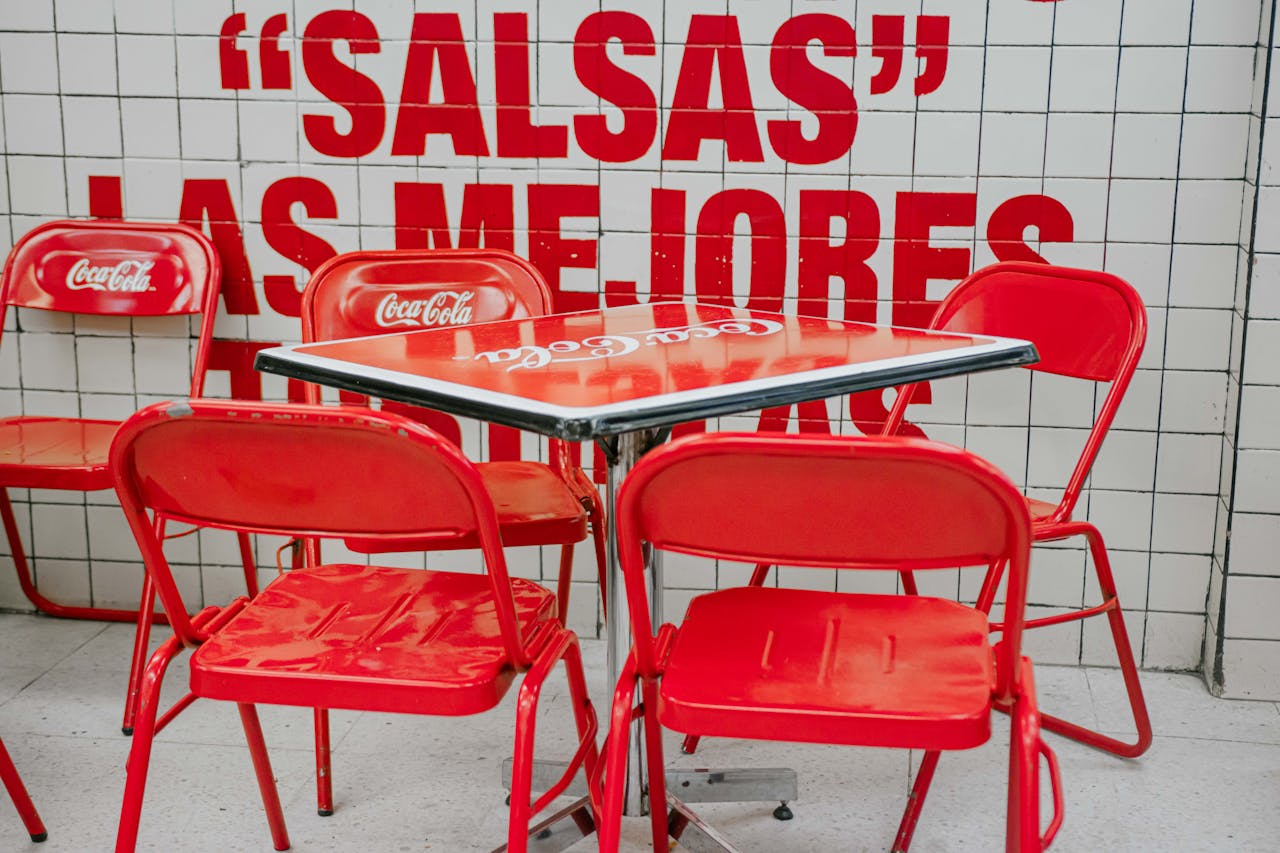Michelin-Star Chefs Share 7 Essential Restaurant Sustainability Methods
Discover how Michelin-starred chefs are revolutionizing restaurant sustainability through innovative practices, from zero-waste operations and regenerative farming to energy-efficient systems, transforming the culinary industry while reducing environmental impact.

The culinary world is witnessing a remarkable transformation as Michelin-starred establishments lead the charge in sustainable gastronomy. With restaurants generating over 571,000 tons of food waste annually, innovative eco-friendly practices are revolutionizing the industry.
Farm-to-Table Revolution
Chef Dan Barber's Blue Hill at Stone Barns exemplifies sustainable restaurant operations through its network of 64 regenerative farms. Their agricultural program has improved soil organic matter by 43% while reducing water consumption by 30%, demonstrating how fine dining can champion environmental stewardship.
Regenerative Partnerships The restaurant's commitment to eco-friendly practices extends beyond traditional sourcing. Their rotating crop system and direct farmer collaborations have reduced food costs by 22% while fostering sustainable dining innovations.
Zero-Waste Kitchen Management
Helsinki's Restaurant Nolla showcases green restaurant practices through its pioneering closed-loop system. Their composting infrastructure processes 300kg of organic matter weekly, creating high-quality soil for supplier farms.
Waste Reduction Technology Modern sustainable kitchens employ sophisticated tracking systems that have reduced overordering by 40%. Digital platforms monitor ingredients from delivery to plate, exemplifying efficient eco-conscious operations.
Sustainable Sourcing Innovation
Leading eco-friendly restaurants are redefining supply chain sustainability through hyperlocal sourcing networks. Establishments like Noma have mapped local foraging sites within a 50km radius, preserving 47 forgotten crop varieties.
Energy-Efficient Operations
Smart kitchen technology has transformed resource consumption in sustainable restaurants. Energy monitoring systems have reduced electricity usage by 45%. Advanced water recycling systems have cut consumption by 75%, demonstrating effective green practices.
Menu Engineering for Sustainability
Pre-fixed menus have emerged as a powerful tool for sustainable dining. This approach has reduced overproduction by 32%, while plant-forward innovation has led to 70% plant-based menu items in some Michelin-starred establishments.
Materials and Packaging Solutions
The movement toward plastic-free kitchens has sparked innovation in eco-friendly restaurant practices. Certified establishments eliminate an average of 2,000kg of single-use plastics annually.
Biodegradable Alternatives New plant-based packaging materials derived from mushroom mycelium and seaweed decompose within 45 days while maintaining food safety standards.
Staff Engagement in Sustainability
Digital tracking systems monitor individual contributions to waste reduction and energy conservation. This accountability has improved overall sustainability metrics by 35%.
Implementation Strategy
Success in sustainable restaurant operations requires systematic implementation. Restaurants adopting these seven methods report average cost savings of 25% while reducing their carbon footprint by 50%.
The future of sustainable fine dining extends beyond individual establishments to influence the entire food service industry. As these eco-friendly restaurant practices prove their economic and environmental value, they're being adapted across the culinary spectrum.
Take the first step toward restaurant sustainability by implementing these proven methods. Your journey toward environmental stewardship begins with a single change, supported by the collective wisdom of the world's most innovative chefs.



